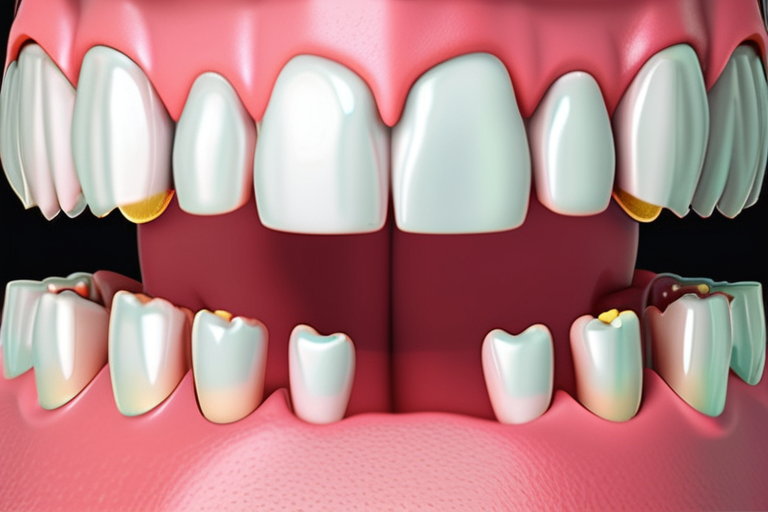Researchers Uncover Plant Compound That Could Revolutionize Gum Disease Treatment


Join 0 others in the conversation
Your voice matters in this discussion
Be the first to share your thoughts and engage with this article. Your perspective matters!
Discover articles from our community

 Hoppi
Hoppi

 Hoppi
Hoppi

 Hoppi
Hoppi

 Hoppi
Hoppi

 Hoppi
Hoppi

 Hoppi
Hoppi

BREAKING NEWS: Endangered Cactus Species Threatens Mexico's Sweetest Secret Mexico City, Mexico - The Mexican government has confirmed that the …

Hoppi

Cocoa Supplements Show Surprising Anti-Aging Potential In a groundbreaking study published on September 27, 2025, researchers from Mass General Brigham …

Hoppi

The Endangered Cactus Behind Mexico's Sweet Secret A sweet treat has been hiding in plain sight at markets across Mexico …

Hoppi

Eating Mediterranean Diet May Hold Secret to Healthy Gums A recent study conducted by researchers at King's College London has …

Hoppi

Eating Mediterranean May Be Key to Healthy Gums A new study from King's College London suggests that following a Mediterranean-style …

Hoppi

Mangos Defy Sugar Conventions: Study Reveals Potential Diabetes-Fighting Properties A groundbreaking study published by researchers at George Mason University has …

Hoppi